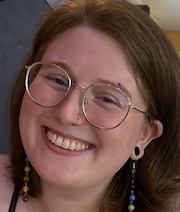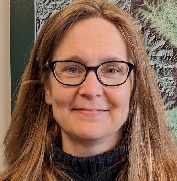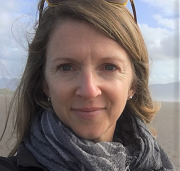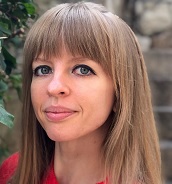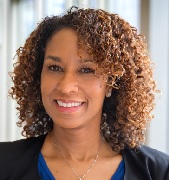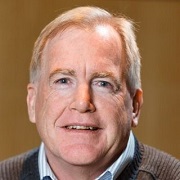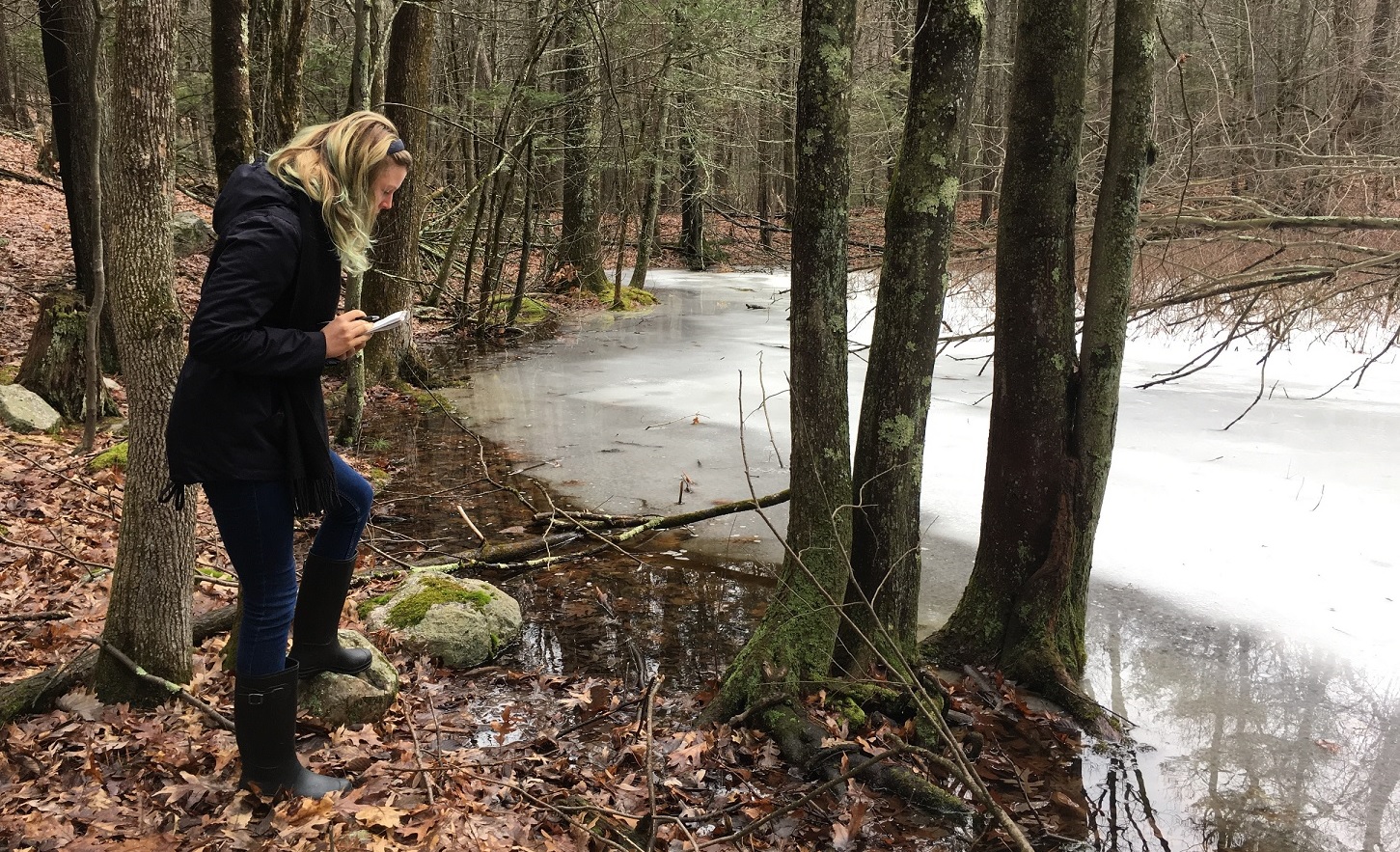Our Team
Staff
Penny Adler-Colvin
Conservation and Land Use Specialist | Contact
Penny joined the Estuary Program in 2025, following six years at the Mohonk Preserve, a non-profit land trust where she worked with the land protection, conservation science, and environmental education teams. While at Mohonk, Penny engaged community scientists in initiatives including peregrine falcon monitoring, phenology observations, and stream health monitoring. They have interests in community engagement, GIS applications for conservation, and land protection. Penny earned a Bachelor of Science in Environmental Geography from the State University of New York at New Paltz.
Christine Vanderlan
Conservation and Land Use Specialist | Contact
Christine provides technical assistance and conducts outreach to municipalities and other partners in the watershed to help advance local conservation planning. She joined the Estuary Program in 2022. Originally from the Mohawk Valley, Christine began her work in the region at the Columbia Land Conservancy where she hosted the Roundtable for Conservation Advisory Councils, worked with partners to develop the Taghkanic Headwaters Conservation Plan, and assisted in strategic conservation planning. Christine served in the US Peace Corps in Guatemala supporting agroforestry initiatives. She earned a Master’s of Science in Biodiversity, Conservation, and Policy from the University at Albany.
Laura Heady
Conservation and Land Use Program Coordinator | Contact
Laura Heady leads the Conservation and Land Use Team at the Hudson River Estuary Program. She has 20 years of experience working to advance biodiversity conservation in the Hudson estuary watershed by creating and implementing innovative programs in conservation planning and community engagement; developing new partnerships; and contributing to NYS policy and planning initiatives. Laura also has interests in science communication, habitat connectivity, and strategic planning and is the founding manager of the volunteer Amphibian Migrations & Road Crossings Project. She earned her Master's of Science degree in biology with an emphasis in ecology from Idaho State University. Read more about Laura here.
Dr. Daria Ponstingel
Postdoctoral Associate | Contact
Daria Ponstingel is a postdoctoral associate at the Department of Natural Resources and the Environment. Daria earned her PhD in Geography from Texas State University at San Marcos. Her research investigates human aspects of environmental well-being, including how decision-making, governance, and policy affect the outcomes of socio-ecological systems, and how these impacts can be managed and regulated. Daria uses GIS and remote sensing techniques to analyze ecological change and evaluate ecosystem services, such as carbon sequestration. In her work, Daria also applies diverse economies and Ostrom’s frameworks to understand human behavior in natural resource management.
Dr. Shorna Allred
Principal Investigator | Contact
Shorna Allred is the Susan R. Wolf Distinguished Professor in the Dept. of Geography and Environment at the University of North Carolina at Chapel Hill. She also holds an Adjunct Professor position in the Department of Natural Resources and the Environment at Cornell University. A conservation social scientist, Dr. Allred teaches and conducts research in the areas of global sustainability, conservation and land use decision-making, community resilience, and environmental justice with a particular interest in the social dimensions of climate change mitigation and adaptation. Her main interests center on how conservation social science can facilitate community-based approaches to planning and management while enhancing the resilience and sustainability of communities both locally and abroad. Dr. Allred has been Principal Investigator for this program since 2021. Read more about Shorna’s research and teaching interests here.
Dr. Patrick Sullivan
Principal Investigator Emeritus | Contact
Patrick Sullivan is Professor Emeritus and former chair of the Department of Natural Resources and the Environment at Cornell University. With a PhD in Biostatistics and Biomathematics from the University of Washington, his research focuses on assessment and management of marine, estuarine, and freshwater fisheries. For 22 years, Dr. Sullivan was a member of the Scientific and Statistical Committee (SSC) that advises the New England Fisheries Management Council. He is currently serving as a member of the SSC that advises the North Pacific Fisheries Management Council. He also serves on the Steering Committee of the Center for Independent Experts, which provides independent scientific peer review of fisheries assessment methods nationally for NOAA/NMFS. Dr. Sullivan was Principal Investigator for this program from 2008 to 2021. Read more about Pat's research and teaching interests here.
Hudson Valley Conservation Partners
We are fortunate to work with many partners on outreach, planning, and development of new data and tools to advance conservation in the Hudson River estuary watershed. The successful implementation of our program relies on this collaborative and ever-growing network of state agencies, conservation organizations, land trusts, and academic institutions.

